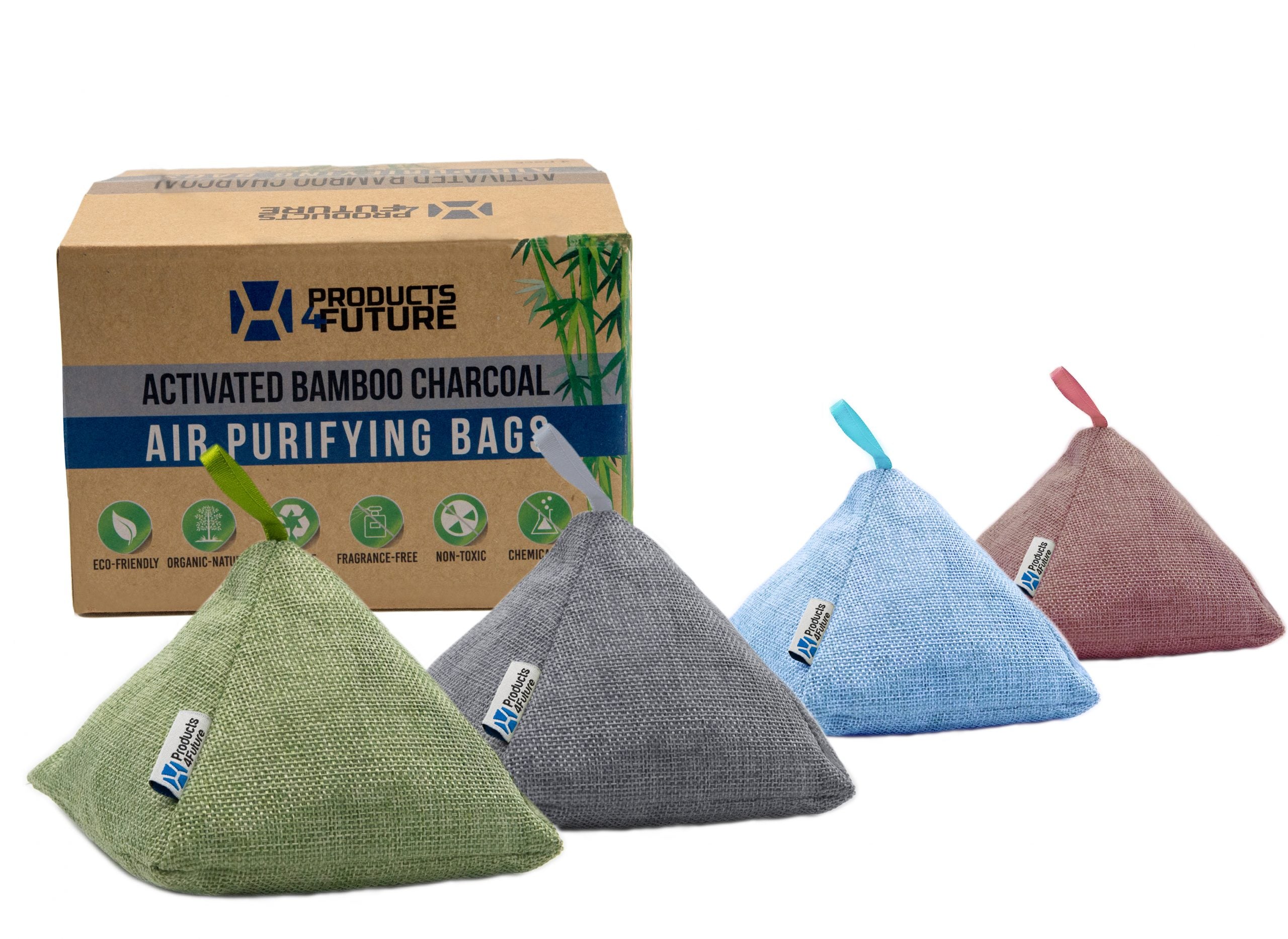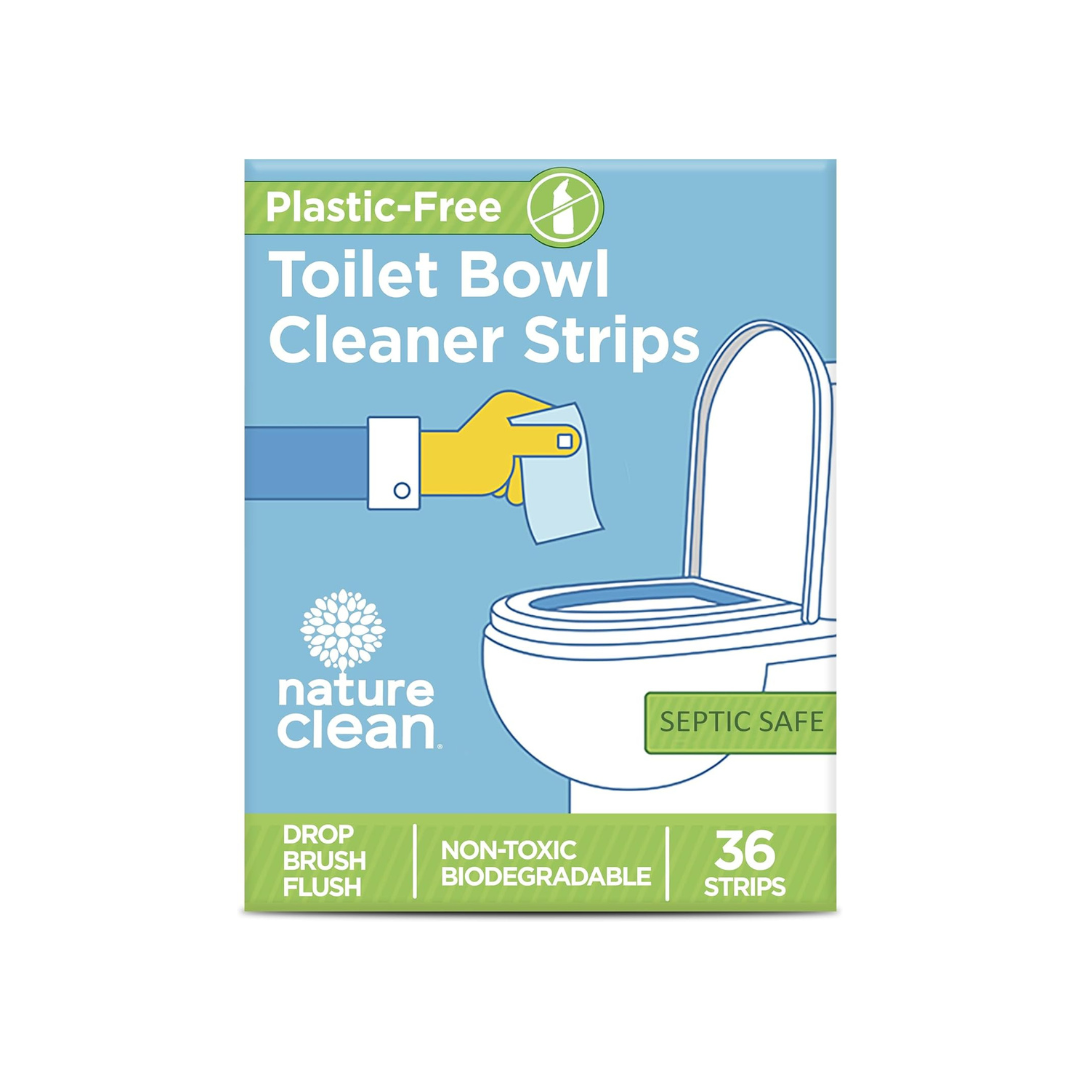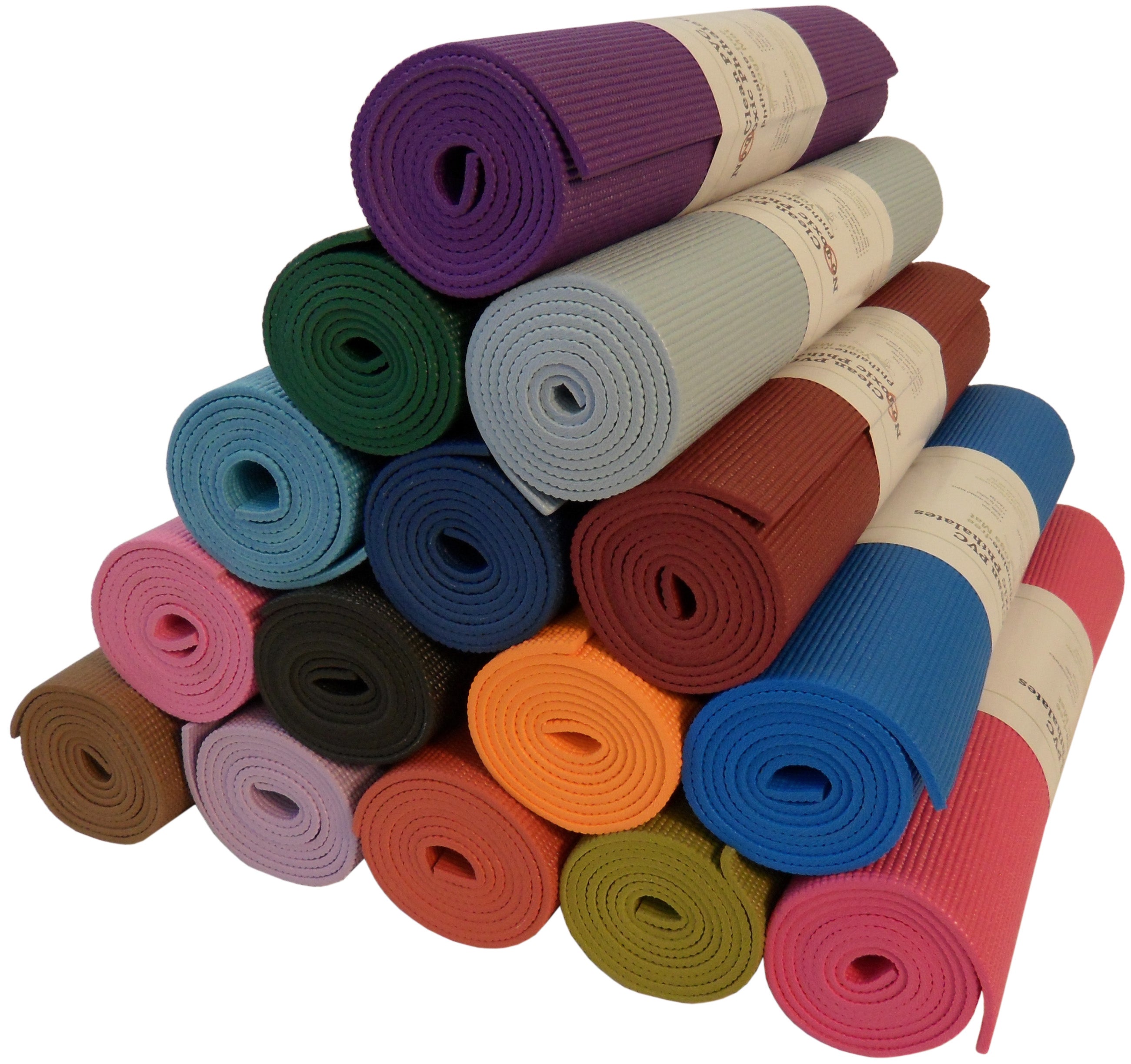There’s no one-size-fits-all definition of a sustainable lifestyle. For some people, it might mean reducing their carbon footprint and living a more eco-friendly lifestyle. For others, it might mean eating more local and organic foods, or reducing their waste.
But there are some common themes that often come up when people talk about sustainable living. Here are a few of them:
- Reducing your carbon footprint.
One of the most common goals of sustainable living is to reduce your carbon footprint. This can be done in a number of ways, such as driving less, using energy-efficient appliances, or using renewable energy sources.
- Living a more eco-friendly lifestyle.
Eco-friendly living is all about reducing your impact on the environment. This might mean recycling more, composting, using less water, or avoiding single-use plastics.
- Eating more local and organic foods.
Another common goal of sustainable living is to eat more local and organic foods. This means buying food that is grown or produced close to where you live, and avoiding foods that have been shipped long distances. It also means choosing foods that are grown without the use of pesticides or other harmful chemicals.
- Reducing your waste.
Many people who live sustainable lifestyles also strive to reduce their waste. This might mean recycling more, composting, or simply using less stuff overall.
- Supporting sustainable businesses.
When you live a sustainable lifestyle, you often try to support businesses that are also sustainable. This might mean buying from companies that use recycled materials, or that are certified organic or fair trade.
- Educating others about sustainability.
Finally, many people who live sustainable lifestyles also feel a responsibility to educate others about the importance of sustainability. This can be done in a number of ways, such as writing blog posts or articles, giving presentations, or even just talking to people about the issue.






































